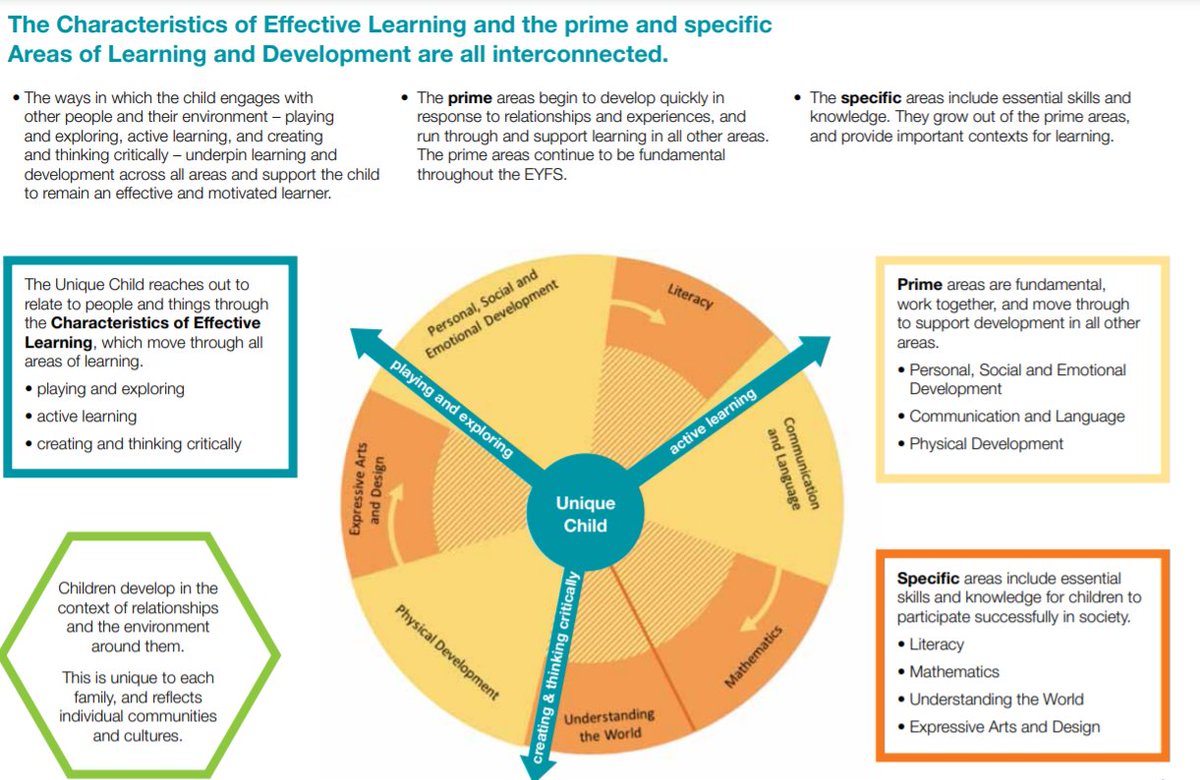
Okay I'm going to take a deep breath, post this, and then go into the garden for a few hours. Some things that men can do to better support women on social media and more generally. 1/n #thread ⬇️
1. Consider who you retweet and in what way. What does your attitude to women's/WoC's voices look like?
2. If women object to what you thought was a joke, don't shrug it off, say it was 'just bantz' or claim they are over reacting. 2/n
2. If women object to what you thought was a joke, don't shrug it off, say it was 'just bantz' or claim they are over reacting. 2/n
3. Don't share review lists of all/mostly men. (Here's a handy list because women write education books too: suecowley.co.uk/100-female-edu…).
4. Challenge the person who shared the list so that a woman don't have to do it. 3/n
4. Challenge the person who shared the list so that a woman don't have to do it. 3/n
5. If you're asked to be part of an 'expert group' by the DfE or Ofsted, challenge them to ensure it's equitable in terms of gender and race.
6. If you see a woman experiencing a 'pile on', step in and call it out on their behalf. Ditto mansplaining. 4/n
6. If you see a woman experiencing a 'pile on', step in and call it out on their behalf. Ditto mansplaining. 4/n
7. Don't suggest that women are 'over reacting' just because they have an opinion you disagree with.
8. Don't assume it's as easy for women (especially WoC) to speak out on social media as it is for men because it's not. 5/n
8. Don't assume it's as easy for women (especially WoC) to speak out on social media as it is for men because it's not. 5/n
9. Don't hint at the idea that people in early years are emotional just because it's a majority female workforce.
10. Don't use days designed to celebrate women to make a point. De-centre yourself. Take a moment to step back and reflect. 6/n
10. Don't use days designed to celebrate women to make a point. De-centre yourself. Take a moment to step back and reflect. 6/n
11. Think about what women might feel are their private spaces - don't jump into someone's DMs without asking.
12. Be aware that basically all women have been flashed at/groped/worse at some point, so this last week has been triggering. 7/n
12. Be aware that basically all women have been flashed at/groped/worse at some point, so this last week has been triggering. 7/n
And finally, *never ever ever ever* use the words 'hysteria' or 'hysterical' online in relation to anything a woman has said. EVER.
Peace all. 💕 /Ends
Peace all. 💕 /Ends
• • •
Missing some Tweet in this thread? You can try to
force a refresh




